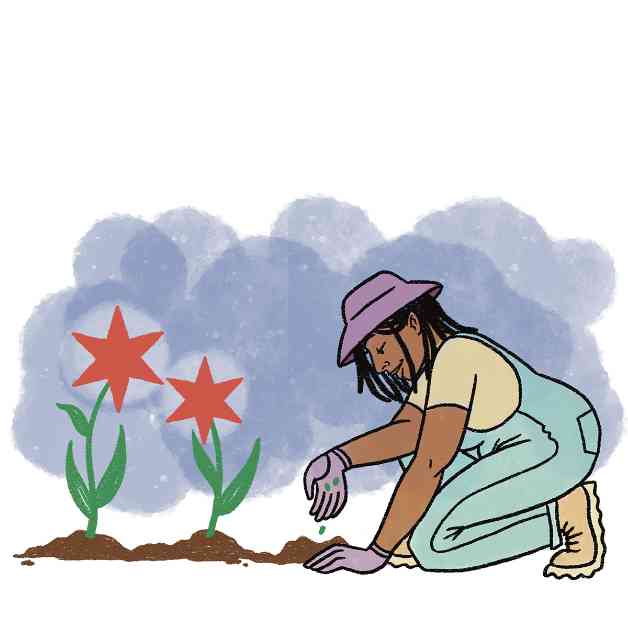The 2024 Democratic National Convention in Chicago brought together a diverse group of protesters and organizers who aimed to highlight important issues and build coalitions across communities. The U.S. Palestinian Community Network (USPCN) played a significant role in organizing the Coalition to March on DNC 2024, bringing together people from 300 organizations to protest against enabling Israel’s actions in Gaza. This tradition of coalition building in Chicago dates back to the civil rights era and continues to be a powerful tool for social change.
USPCN, founded in 2006, has strong roots in Chicago and has worked closely with organizations like the Chicago Alliance Against Racist and Political Repression (CAARPR). Together, they have mobilized communities to advocate for important causes, such as supporting a ceasefire in Gaza and standing in solidarity with movements like Black Lives Matter. By forming alliances and working together, these groups have been able to amplify their voices and push for meaningful change.
Starbucks Workers United (SBWU) also joined the March on DNC Coalition, bringing their perspective as labor organizers to the forefront. Their fight for better working conditions and solidarity with workers in Palestine has garnered widespread support and attention. By connecting with other labor unions and organizing strikes, SBWU has made significant strides in challenging corporate power and advocating for workers’ rights.
MAMAS (Mamas Activating Movements for Abolition and Solidarity) brought a feminist and abolitionist lens to the demonstrations, highlighting the struggles of mothers whose children have been incarcerated for years. By forming connections with organizations like the Palestinian Feminist Collective, MAMAS has been able to draw parallels between their experiences and build solidarity across different movements. Their presence at the DNC Coalition underscored the importance of centering marginalized voices and advocating for justice for all families.
The history of coalition building in Chicago is rich and storied, with examples like the Rainbow Coalition in the 1960s and the ongoing work of organizations like the Illinois Network for Pretrial Justice (INPJ). These groups have shown that by coming together, sharing values, and working towards a common vision, real change can be achieved. As the city continues to grapple with issues of segregation, inequality, and injustice, the power of coalition building remains a vital tool for creating a more just and equitable society.
In the face of systemic challenges and entrenched power structures, the spirit of collaboration and solidarity that has defined Chicago’s history of organizing offers a roadmap for the future. By building bridges across communities, amplifying marginalized voices, and advocating for meaningful change, local organizers are continuing a legacy of resistance and resilience that has shaped the city for decades. As we look towards a future where everyone has access to housing, healthcare, and education, the lessons of the past remind us that together, we can create a more just and equitable society for all.


